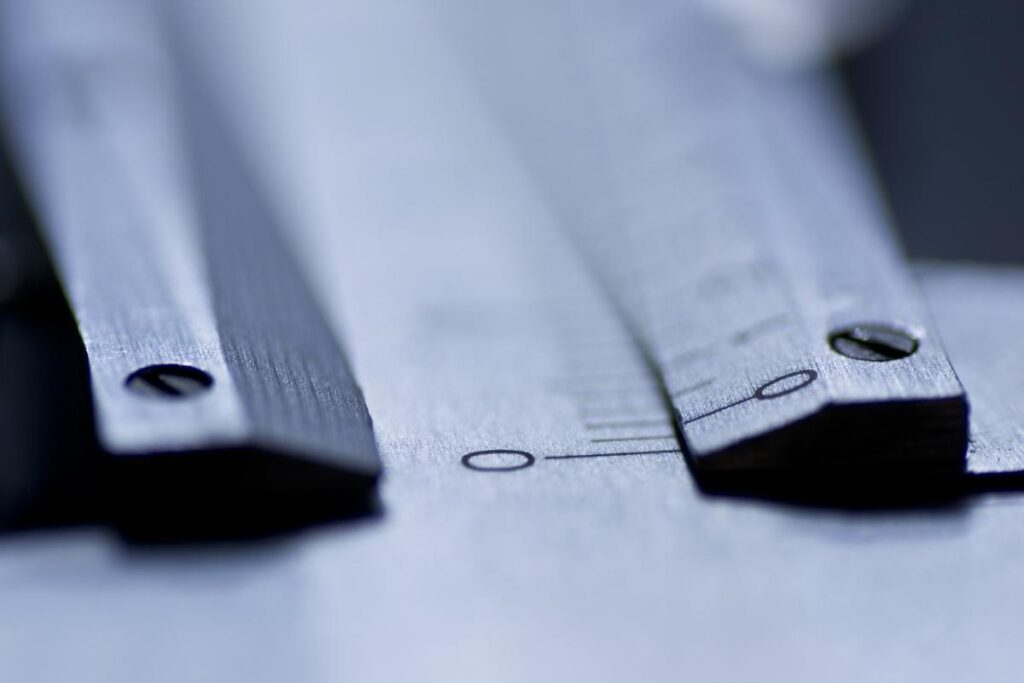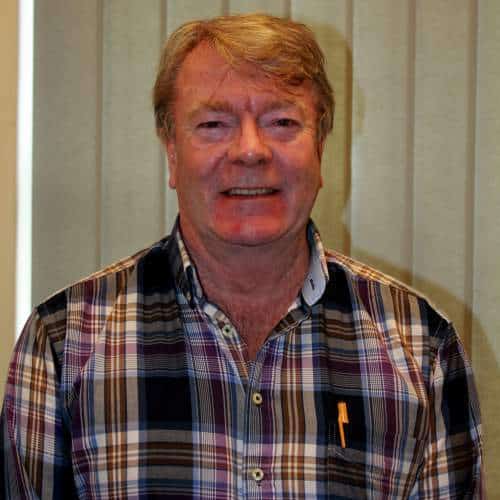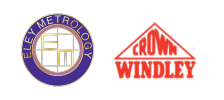We all stress the importance of quality and how engineers, businesses, and clients value it more than ever. However, how often do we consider all the factors underpinning this quality, especially in precision engineering measurement? The quality of components, staff experience, and equipment accuracy all create a foundation for high-quality products.
Repeatability also proves crucial to quality, but we rarely investigate repeatability’s importance. In fact, there’s no such thing as consistent quality without engineering. Understanding more about repeatability helps us develop our grasp on quality and make the most of our precision measurement equipment. In turn, this ensures that workshops and products maintain the high standards necessary for modern engineering.

What is Repeatability?
Repeatability is a simple concept, but its application in engineering makes it fundamental to your output. Essentially, it’s a way to describe how close a series of measurements are. The concept is best discussed in practice. If you make all the variables the same in a series of measurements (the machine, the operator, the environment, and the measured workpiece), repeatability represents the similarity or difference between the output readings.
Engineers also refer to these principles as “test-retest repeatability”, based on the concept’s reliance upon rigorous repetition. If all these measurements deliver similar readings, your workshop maintains a high degree of repeatability. If not, you’ve got to identify the source of inconsistent repeatability and work to correct it.
The Consequences of Poor Repeatability in Measurement
It might seem like not so much of a big deal if repeatability suffers slightly. However, measurements, calibration, and errors have a knock-on effect on products and their end-users. Poor repeatably in measurement hints at deeper-lying problems in the workshop. These problems lead to traceable inconsistencies, and even faults, in the products they measure. Small inconsistencies in component parts lead to hazards in larger machines. Whether you’re measuring parts for manufacturing, agriculture, automotive, aviation, or any other industry, poor repeatability puts your products, your reputation and finances, and even your end user’s well-being at risk.
The Cost of Variability
Poor repeatability is also known as variability or the variable range between consecutive measurements. If clients and consumers trace accidents or faults back to variability and inconsistent measurements, your team could be liable. It’s, therefore, a much smarter investment to monitor and maintain your repeatability. That way, you can turn your repeatability in measurement into an asset and celebrate your high-quality metrology as you advocate for your business process.
Causes of Poor Repeatability in Measurement
Each workshop comes with plenty of variables. When you line up your environment, measurement tools, measurement professionals, measurement workpiece, and measurement time, you’ll identify your repeatability. High repeatability means something’s wrong with one of your constants. Exploring the common issues with your constants helps you improve your repeatability in measurement.
Environment
Low repeatability can stem from unknown inconsistencies in your measurement environment. These can include unexpected vibrations from nearby machinery or sudden changes in temperature or humidity.
Measurement Tools
Measurement equipment grows less effective over time, hence the need for repeatability tests and efficacy audits. This stems from gradually drifting calibration settings or wear and tear to moving parts. Decreasing repeatability in measurement can also appear from general lapses in maintenance, cleaning, and servicing, which all must be addressed in order to maintain a high-quality workshop.
Measurement Professionals
Every workforce experiences human error; after all, we’re only human. However, it’s time to step in when professional errors create an obstacle between a workshop and its acceptable repeatability standards. Workers may get things wrong if they’re inexperienced or untrained or if they’re working inefficiently due to ineffective management. Either way, training and upskilling programs help improve morale and repeatability in measurement.
Data Collection
There’s no use maintaining your team and your tools if your methods aren’t keeping up. Data collection methods lead to errors in repeatability measurements when they rely too heavily on manual readings and calculations. For many modern businesses, digital models and algorithms deliver far more repeatable results.
How to Improve Repeatability in Measurement
It’s simple enough to improve repeatability in measurement by implementing regular repeatability testing programs. If you assign each metrology machine a regular test-retest schedule, you’ll maintain repeatability and high standards in the workshop. Measuring a standardised object ten times in ten minutes may seem like a small and insignificant task, but it delivers wide-ranging implications on a company’s precision and accuracy.
By engaging with content like this, you’re already fulfilling another way to improve repeatability: research and consultancy. When businesses immerse themselves in the industry’s latest metrology concepts and principles, they develop more skills to optimise their efficiency and reinforce their quality. Reaching out to metrology professionals about high-quality products, tests, and maintenance services also helps you deliver the repeatability that precision measurement equipment needs to thrive.

Jeff Eley is the founder and managing director of Eley Metrology, a leading company in the precision measurement industry. With decades of experience in metrology, Jeff has established himself as a respected figure in the field. Under his leadership, Eley Metrology has become renowned for its expertise in coordinate measuring machines (CMMs), digital height gauges, and granite metrology products. Jeff’s vision has driven the company to develop innovative solutions, including custom-designed CMMs and the flagship long-bore measurement machine (LBM). His commitment to excellence and customer-centric approach has positioned Eley Metrology as a trusted provider of high-precision measurement tools and services for industries such as aerospace, automotive, and manufacturing.

